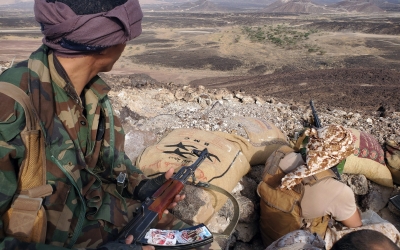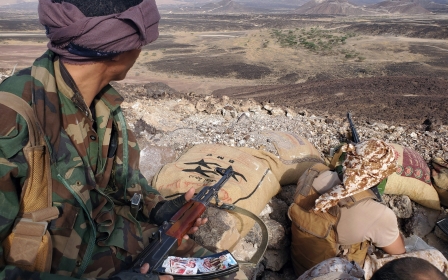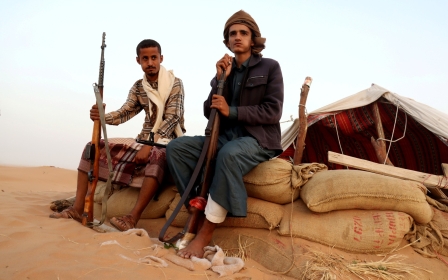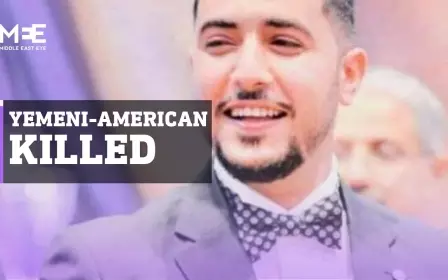Millions of Yemenis 'marching towards starvation', UN food chief warns
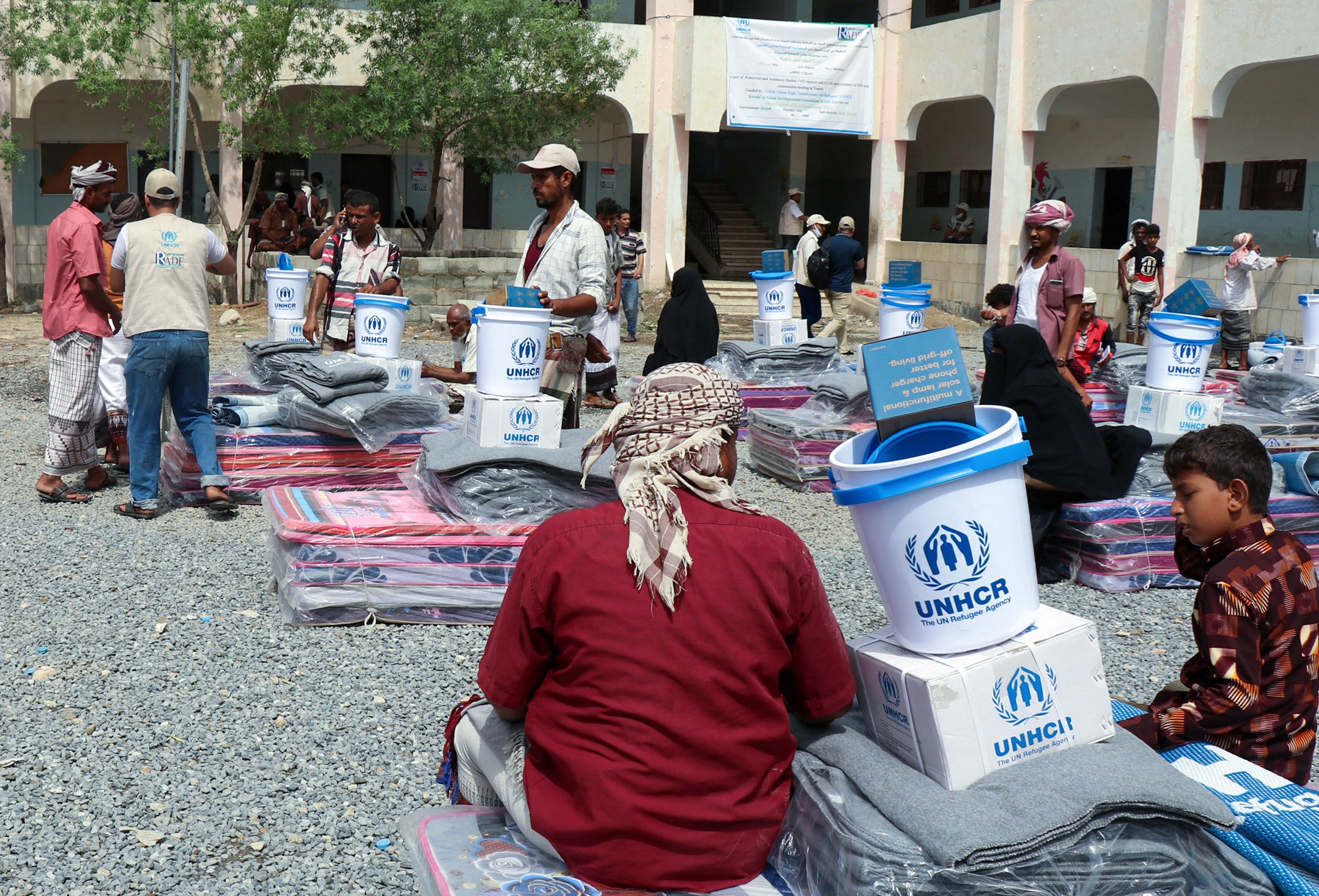
The UN has warned that 16 million Yemenis, more than half of the population, are "marching towards starvation", and unless the international community steps up support, food assistance could soon start to run out.
Speaking at a virtual gathering of aid and development ministers on Wednesday, David Beasley, the director of the UN's World Food Programme (WFP), described a worsening humanitarian crisis in Yemen, where a Houthi rebel offensive is making gains in the strategic region of Marib.
"We're literally looking at 16 million people marching towards starvation," Beasley said. "We need this war to end, number one. If donors are getting fatigued, well, end the war. World leaders need to put pressure on all parties involved in this conflict because the people in Yemen have suffered enough."
The war in Yemen erupted in September 2014 when the Houthis seized the capital, Sanaa, sparking a civil war that forced President Abd-Rabbu Mansour Hadi to seek refuge in Aden and then Saudi Arabia.
The kingdom and its regional allies, mainly the United Arab Emirates, intervened in March 2015 and have since carried out more than 22,000 air strikes in an effort to roll back the rebels, with one-third striking non-military sites - including schools, factories and hospitals, according to the Yemen Data Project.
New MEE newsletter: Jerusalem Dispatch
Sign up to get the latest insights and analysis on Israel-Palestine, alongside Turkey Unpacked and other MEE newsletters
The protracted conflict has seen more than 230,000 people killed, an estimated four million displaced, and has left 80 percent of the country's 29 million people dependent on aid for survival.
The UN has declared it the "world's worst humanitarian crisis", as heavy artillery and air strikes have hampered access to health care and increased pressure on the few facilities that are still functioning.
In Wednesday's address, Beasley said that unless donors stepped in, more than three million people could face ration cuts by October and five million by December.
Ahead of the meeting, Muhsin Siddiquey, the Yemen director for the charity Oxfam, said a staggering 99 percent of Yemenis had not been vaccinated against Covid-19, with the country battling a third deadly wave of infections.
"Vaccination is a simple solution that would save lives, but the international community is failing the people of Yemen who need doses now," Siddiquey said.
"We need the vaccines that have been promised, but it is also shameful that having bought up all the vaccines for themselves, rich countries like the UK and Germany are blocking the solutions."
Middle East Eye delivers independent and unrivalled coverage and analysis of the Middle East, North Africa and beyond. To learn more about republishing this content and the associated fees, please fill out this form. More about MEE can be found here.


